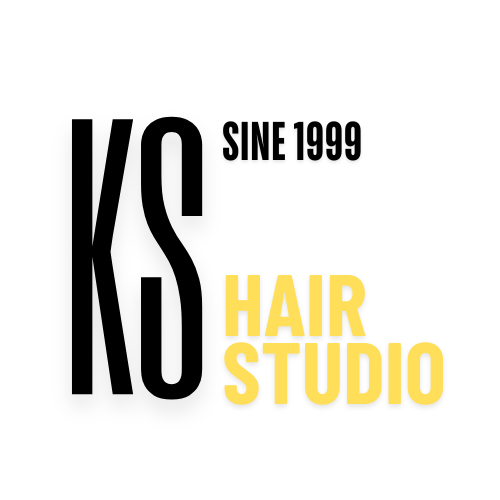Hair health is deeply connected to the balance of microorganisms that live on your scalp. Known as the “scalp microbiome,” this ecosystem of bacteria, fungi, and other microorganisms plays a vital role in maintaining the health of both your scalp and hair. But when the balance is disrupted, it can lead to dandruff, hair thinning, and other scalp conditions.
This article delves into the science behind the scalp microbiome, the factors that affect its balance, and how to restore and maintain its health for optimal hair growth.
What Is the Scalp Microbiome?
Understanding the Microbial Ecosystem of the Scalp
Just like the gut or skin, the scalp hosts a rich ecosystem of microorganisms, including bacteria, fungi, viruses, and yeasts. These microorganisms coexist in harmony, helping to protect the scalp and hair follicles. The two main components of the scalp microbiome are bacteria and fungi, particularly species such as Malassezia (a fungus) and Cutibacterium acnes (a bacteria). While these are naturally occurring, imbalances can cause scalp issues like dandruff and even hair loss.
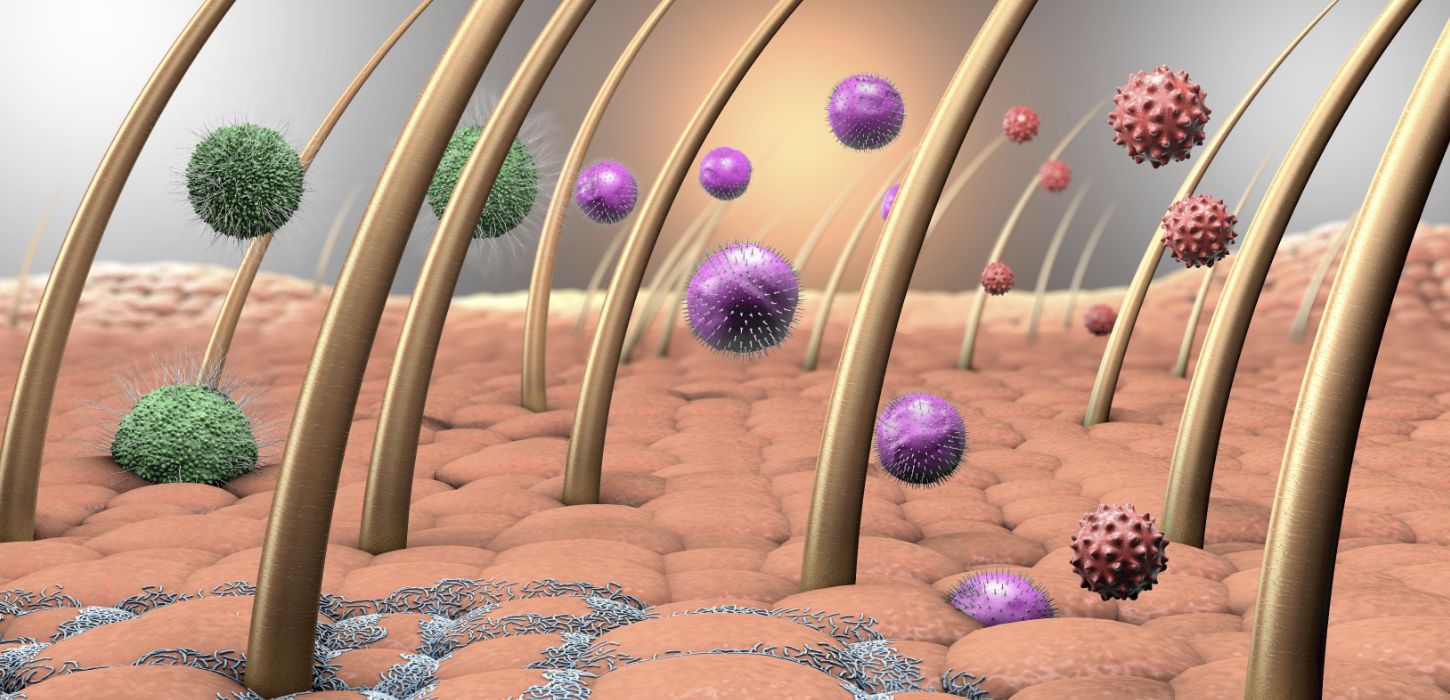
Why Is the Scalp Microbiome Important?
The scalp microbiome acts as a barrier, protecting against harmful pathogens, inflammation, and infections. It also influences oil production, pH levels, and the overall condition of your scalp. A balanced microbiome promotes hair growth, whereas an imbalanced one can trigger various scalp problems such as flakiness, itching, and thinning hair.
The Scalp Microbiome’s Role in Hair Health
The Connection Between Scalp Microbiome and Hair Growth
A healthy scalp microbiome provides the ideal environment for hair follicles to thrive. The balance between good and bad microorganisms helps to reduce inflammation around hair follicles, allowing for better nutrient absorption and healthier hair growth. When the microbiome is disturbed, it can lead to conditions that weaken the hair shaft or inhibit hair growth altogether.
For example, an overgrowth of Malassezia fungi has been linked to both dandruff and seborrheic dermatitis, conditions that can negatively affect hair follicles and hair growth.
The Role of the Microbiome in Dandruff and Other Scalp Conditions
Dandruff is one of the most common scalp conditions linked to an imbalanced microbiome. It occurs when the Malassezia fungus overgrows, leading to flaking, itching, and inflammation. Other issues such as seborrheic dermatitis, scalp acne, and even certain types of hair loss are also closely connected to disturbances in the scalp’s natural microbial balance.
Factors That Disrupt the Scalp Microbiome
Harsh Hair Products and Chemicals
Many common hair products, especially those containing sulfates, parabens, and harsh fragrances, can disrupt the natural balance of the scalp microbiome. These chemicals strip away the natural oils that feed good bacteria, leading to an overgrowth of harmful microorganisms.
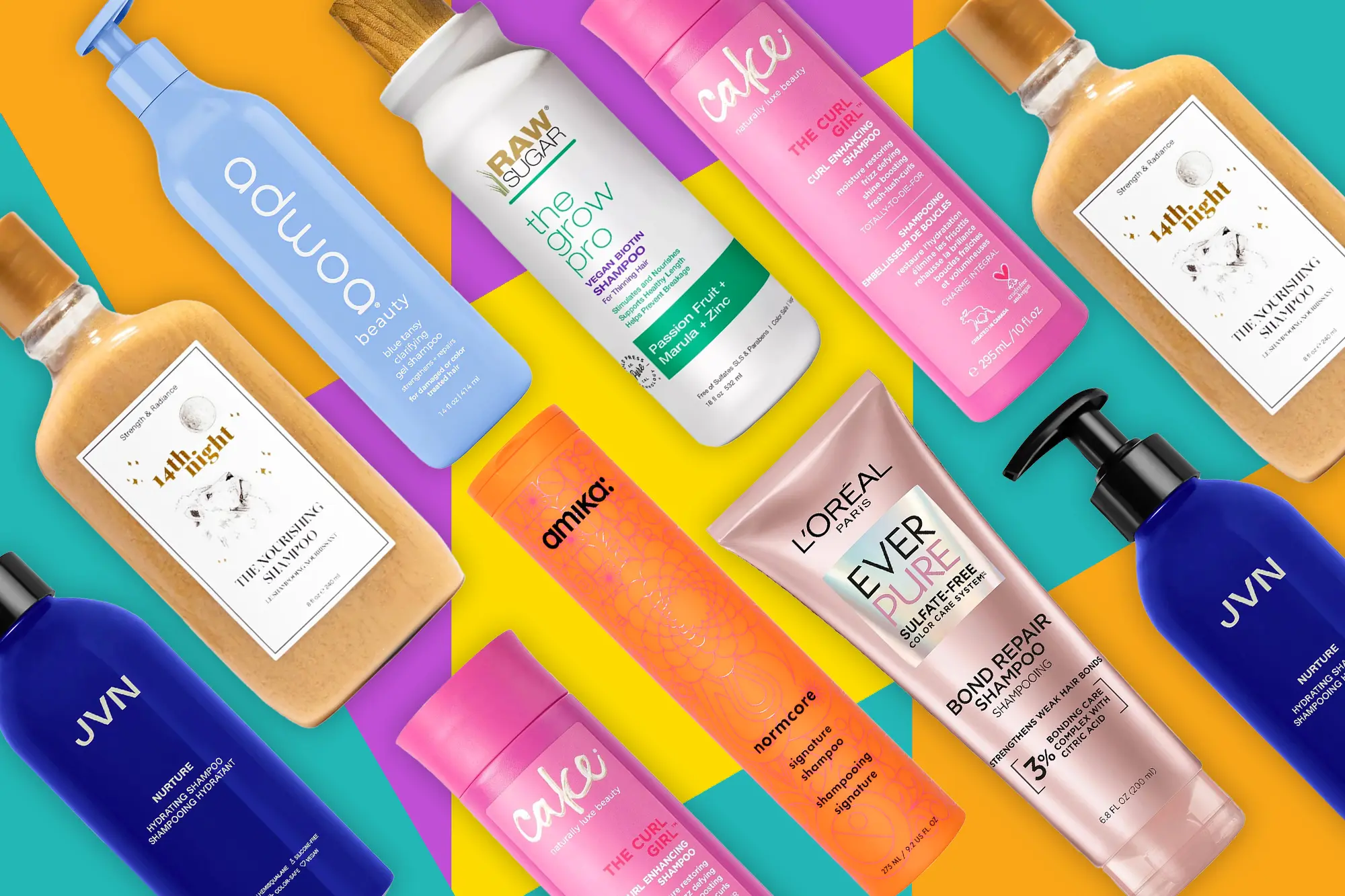
Hair dyes, chemical treatments like relaxers, and overuse of styling products can further exacerbate this issue, causing long-term damage to the scalp’s microbial balance.
Washing Frequency: Overwashing vs. Underwashing
Finding the right washing routine is crucial to maintaining a balanced scalp microbiome. Overwashing can strip your scalp of its natural oils, which are essential for feeding beneficial bacteria and fungi. On the other hand, underwashing can cause an accumulation of oil and dead skin cells, providing an environment for harmful microorganisms to flourish.
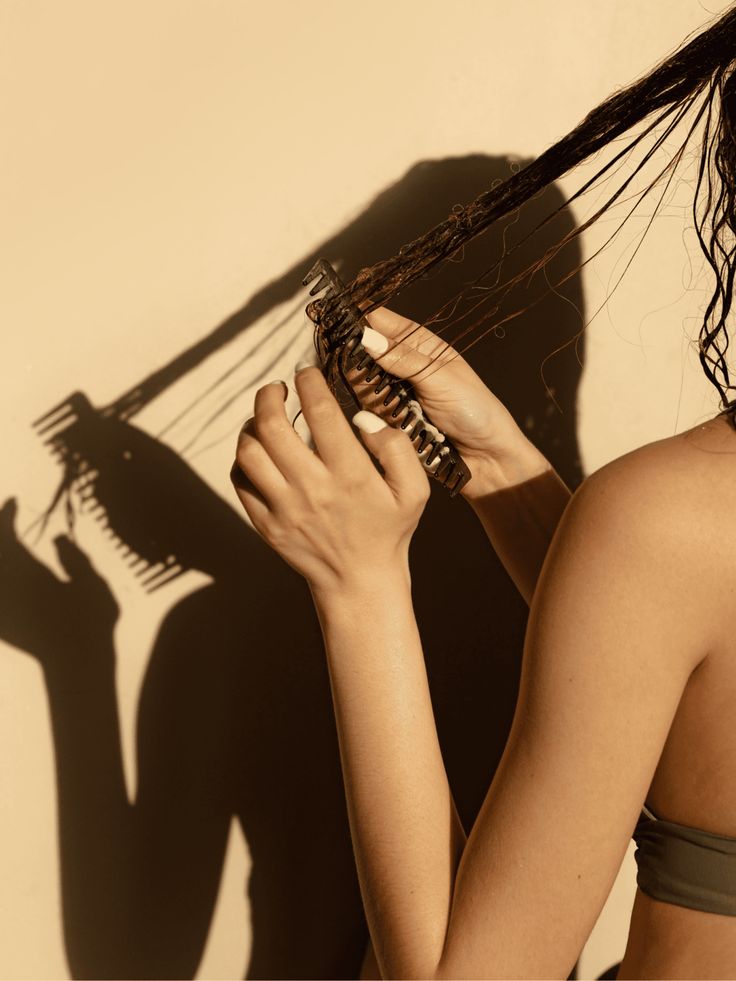
The key is to tailor your washing frequency to your hair type and lifestyle. For most people, washing 2-3 times a week is ideal, but this may vary depending on your scalp’s needs.
Diet and Lifestyle Factors
What you eat can significantly impact the health of your scalp microbiome. Diets high in sugar, processed foods, and unhealthy fats can contribute to inflammation, which in turn can alter the balance of microorganisms on your scalp. Stress, lack of sleep, and poor hydration can also weaken your scalp’s immune defenses, leading to an unhealthy microbiome.
How to Restore and Maintain a Healthy Scalp Microbiome
Incorporating Probiotics Into Your Hair Care Routine
Probiotics, which are beneficial bacteria, can help restore balance to your scalp microbiome. Just as probiotics support gut health, they can be equally effective for the scalp. Look for hair care products like shampoos and conditioners that contain probiotics or live cultures.
Probiotic-rich ingredients like lactobacillus can soothe scalp irritation and promote the growth of healthy microorganisms, reducing the overgrowth of harmful bacteria and fungi.
Prebiotics and Microbiome-Friendly Hair Products
Prebiotics are the food that feeds your good bacteria. When choosing hair care products, look for those that are prebiotic-friendly and support a healthy scalp environment. These products often contain natural ingredients like aloe vera, oatmeal, or green tea extract, which provide nourishment for beneficial microbes.
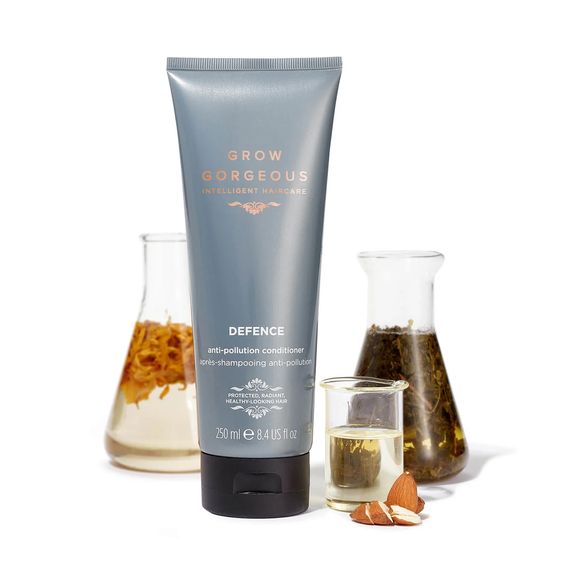
Switching to pH-balanced shampoos that are free from harsh chemicals can also help maintain a thriving scalp microbiome.
Natural Remedies for Supporting Scalp Flora
Several natural ingredients can promote a balanced scalp microbiome. For example, essential oils like tea tree, lavender, and peppermint have antimicrobial properties that can help reduce harmful bacteria while soothing the scalp. A diluted apple cider vinegar rinse can also help to restore the scalp’s natural pH, creating an environment that supports beneficial microorganisms.
You can also create DIY scalp treatments by mixing essential oils with carrier oils like jojoba or coconut oil. These treatments can nourish the scalp and encourage a healthy balance of bacteria and fungi.
The Future of Scalp Care: What Science Says
Emerging Research on the Scalp Microbiome
Ongoing research is uncovering new insights into how the scalp microbiome affects hair health. Scientists are now looking at how specific bacterial and fungal strains interact with hair follicles and how imbalances contribute to chronic scalp conditions like psoriasis and alopecia.
Moreover, advances in microbiome analysis are helping researchers understand which strains of microorganisms are most beneficial for hair growth and overall scalp health. These findings could lead to new treatments targeting the scalp microbiome directly.
Advances in Microbiome-Friendly Haircare Technology
The hair care industry is quickly evolving to incorporate microbiome-friendly products that focus on nurturing a healthy scalp environment. From probiotic-infused shampoos to scalp serums designed to balance microbial flora, these innovations are paving the way for healthier, more sustainable hair care solutions.
FAQ Section
1. How does the scalp microbiome affect hair growth?
The scalp microbiome helps protect hair follicles from inflammation and infection, creating an optimal environment for hair growth. A balanced microbiome ensures that hair follicles receive the necessary nutrients for healthy hair production.
2. Can an imbalanced scalp microbiome cause dandruff?
Yes, an overgrowth of Malassezia fungus can lead to dandruff. Restoring the balance of microorganisms on the scalp can help reduce flaking and itching.
3. What are the best products to restore a healthy scalp microbiome?
Look for microbiome-friendly products that contain probiotics and prebiotics. These can include pH-balanced shampoos, probiotic scalp serums, and prebiotic-rich hair masks.
4. How can I naturally balance my scalp microbiome?
Incorporating natural ingredients like tea tree oil, aloe vera, and apple cider vinegar into your hair care routine can help balance your scalp’s microbial environment. A healthy diet rich in vitamins and hydration can also support a balanced microbiome.
Conclusion
The scalp microbiome plays an essential role in maintaining the health of your scalp and hair. By understanding the factors that disrupt its balance and taking steps to restore it, you can achieve healthier hair and prevent common scalp issues like dandruff and hair thinning. Incorporating probiotic and prebiotic hair care products, along with natural remedies, can help maintain a thriving scalp environment for years to come.
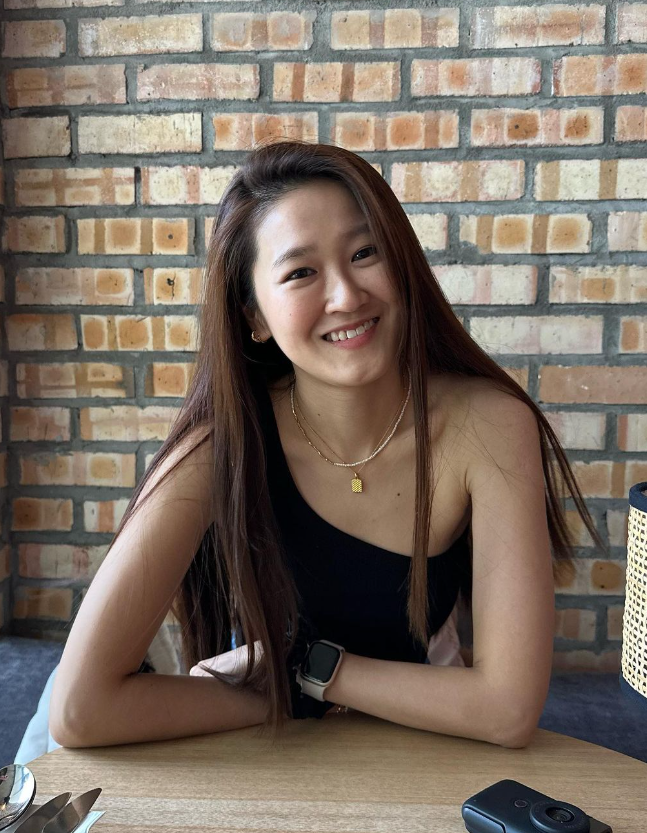
My name is Nichelle, a beauty blogger with a passion for sharing knowledge and experience in beauty, especially hair care. I am currently collaborating with KS Hair Studio to bring you truly high-quality content such as sharing knowledge, product reviews, and my own hair care journey. Follow Nichellex and KS Hair Studio to discover hair care secrets together!
